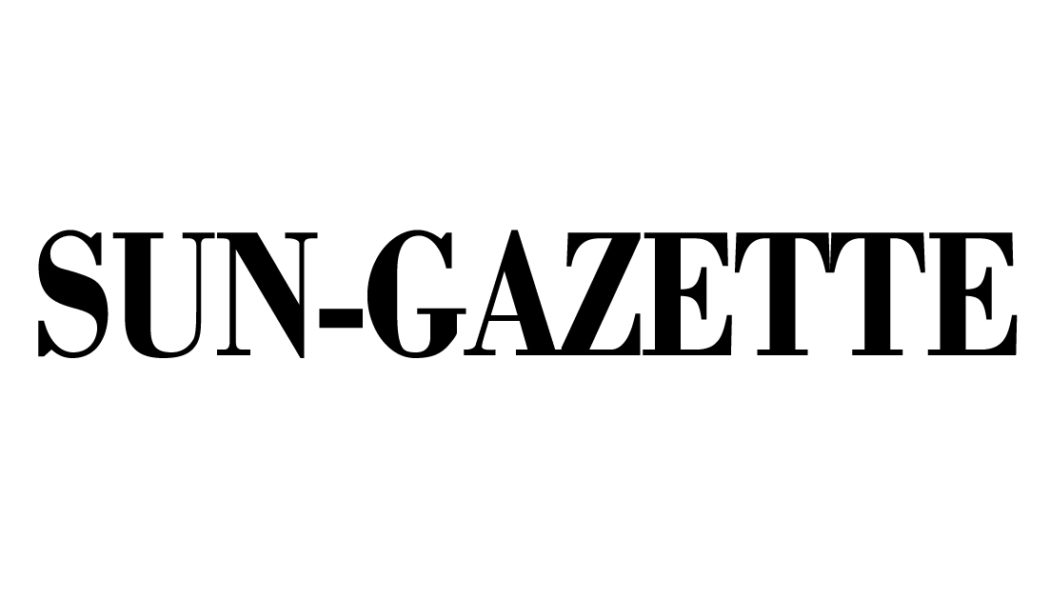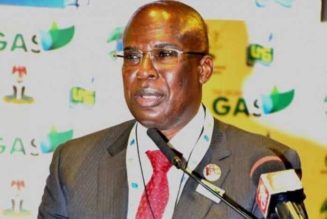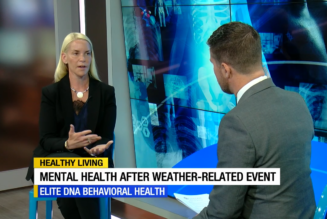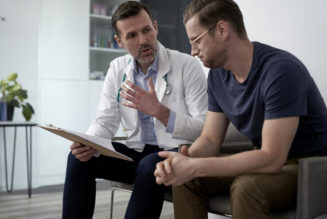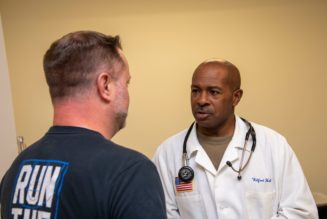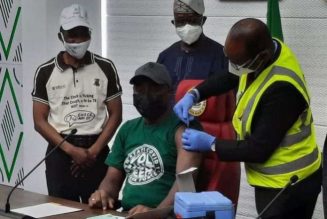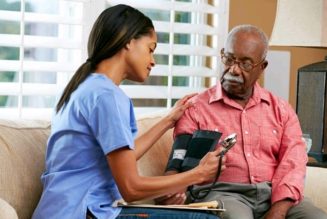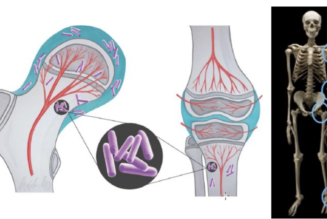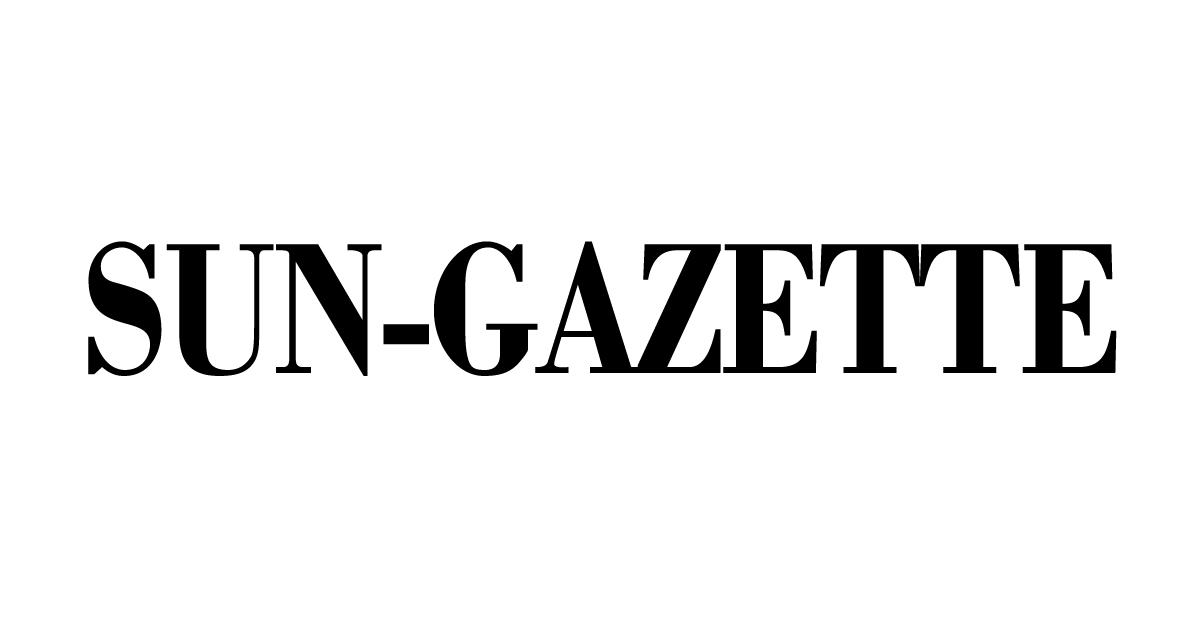
I knew a homeless veteran who lived in a homeless shelter. When I met him, he was unkempt and appeared to be isolating. He would not eat or come out of his room. I sensed something was wrong, and sent him to the hospital.
The hospital discharged him and sent him back within a couple of hours. He had discharge papers but no medical diagnosis or instructions showing on his paperwork.
He continued to sleep and would not consume food or water. He was returned to the hospital thrice in 24 hours, and the same outcome occurred.
I made some calls and got him seen at the Veterans hospital in Wilkes-Barre. Unfortunately, he was diagnosed with a tumor lodged against his brain. This veteran was homeless, looked intimidating, and did not have health insurance. However, I believe that his veteran status saved his life.
Sometimes people confuse equality and equity. Equality means everyone is given the same resources or opportunities. Equity recognizes that each person has different circumstances and allocates the exact resources and opportunities needed to reach an equal outcome. I heard equity explained in an illustration: “Equality gives everyone a shoe, and equity gives everyone a shoe that fits.” So, when efforts are not made to meet a need based on the circumstance, they create a barrier to healthy living, also called a disparity.
A health disparity or barrier to accessing healthy living is created when one of these five areas is affected: economic stability; neighborhood and physical environment; education; community safety and social context; and health care. For many cultural and socio-economic statuses’ these barriers have historically existed.
COVID-19 shut down the world and affected all five areas of everyone’s life. First, it caused many people to recognize that no matter how much money they made, most are just a couple of paychecks away from being homeless, with no health insurance, like my veteran. Now, imagine if you are already living close to the edge financially. Poor health care, meager income, no social connection, little education, and food insecurity are rising. That can be a terrifying place to be.
Sometimes disparities can emerge, not because of intention, but because people’s groups are not considered in the equation.”
For example, when the vaccines were rolled out, healthcare workers were the first to receive the vaccine; there are not many elderly, black, brown, and people living in low economic status working in health care. The second roll-out was for those 65 and older, which helped older adults, but not many of low economic status live far beyond 65. According to the National Institutes of Health, there is a 10-year lifespan gap for women and a 14-year lifespan gap for men based on economic status. The solution to the COVID problem was getting a vaccine quickly. With the knowledge medicine had on how the COVID-19 virus is shaped and works, science was able to come through. The unforeseen problem was not the vaccine, but that the groups described above did not have access to it because of location, inability to stand for long periods, lack of computer knowledge, and so on.
Many organizations, including the Centers for Disease Control and Prevention (CDC) and the Pennsylvania Department of Health, have initiatives to eliminate health disparities. The Black Equity Coalition (BEC), a statewide alliance of physicians, researchers, epidemiologists, public health and health care practitioners, social scientists, community funders, academics, activists, government officials, and non-profit and business leaders, convened to ensure an equitable response to the coronavirus pandemic based on socio-economic and culturally relevant data. The BEC’s culturally appropriate responses are designed to reduce health inequities, improve health and well-being in general, and address the disproportionate impact of the COVID-19 pandemic on vulnerable populations. Let’s end COVID!, a group of concerned people in Northcentral PA working to overcome COVID-19 through public education, outreach, and mitigation, works with trusted messengers from economically and medically vulnerable communities to reduce the pandemic’s impact. Membership includes leaders in medicine, public health, the faith community, education, business, and public policy. Although we come from various perspectives, we share a non-partisan desire to implement solutions to this public health crisis that has devastated the lives of many families in Lycoming County. We are all working to bring health equity to every living soul.
If we open our eyes to see the problem, humanity has shown that we will rise to a level of sincerity and compassion to help save lives and develop a culture of truly loving your neighbor by seeing people not as a group but as deserving individuals in their particular circumstances.
Cleveland Joseph Way currently serves as the Pastor of Cogan House Community Church. He has 22 years of experience in the human service field and a passion for serving and helping individuals and families achieve self-sufficiency and self-worth. Cleveland is a member of Let’s end COVID! Currently Lycoming County is at medium COVID community level. At this level the CDC recommends masking any time for extra protection.
